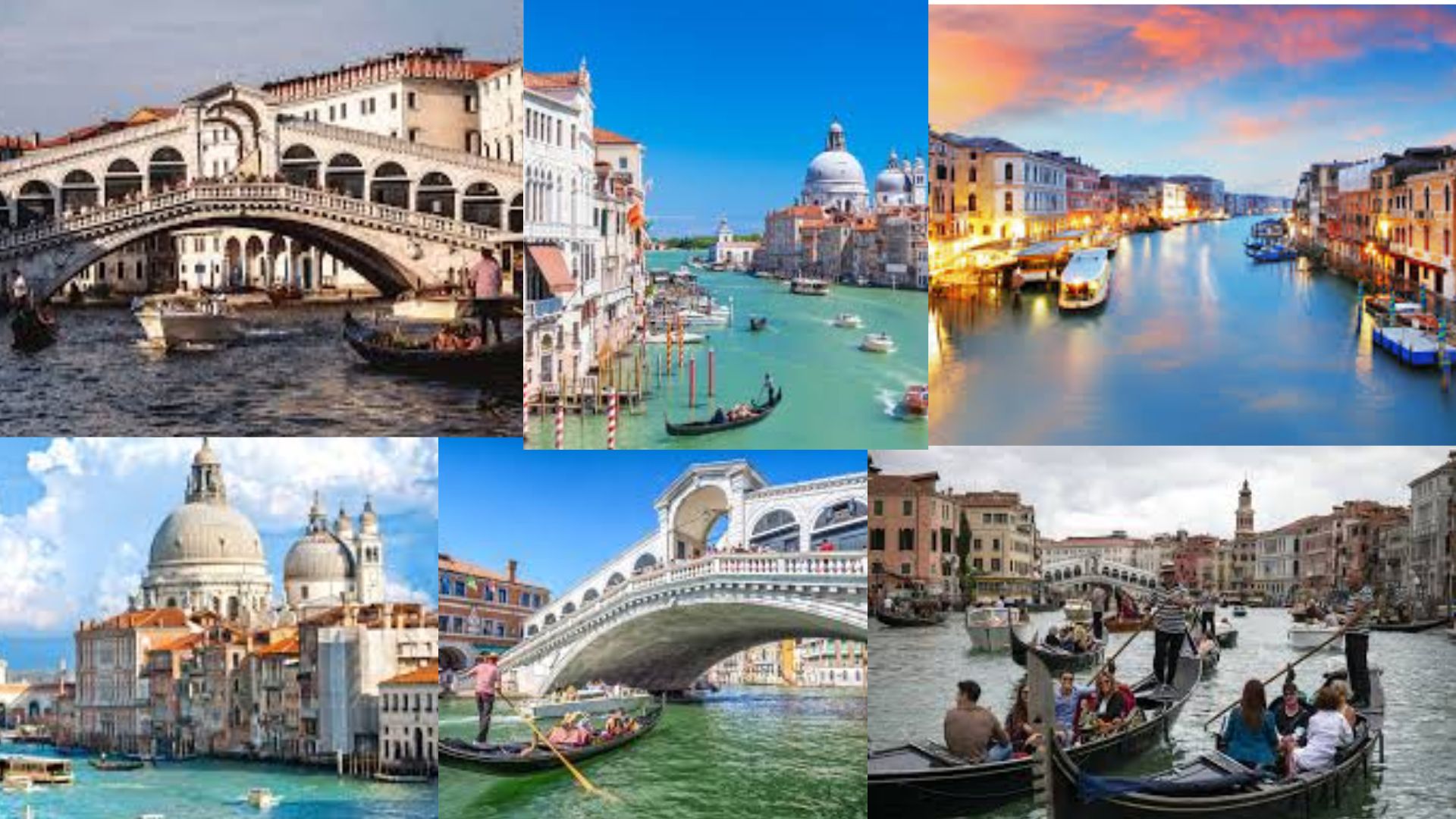Venice unveiled a novel plan on Thursday to levy fees on day-trippers entering the historically rich Italian city, a groundbreaking move aimed at alleviating the strain of overtourism. Despite this intention, many locals are against the idea. Those wishing to explore the UNESCO World Heritage site for the day are required to purchase a five-euro ($5.3) ticket, with inspectors conducting random checks at key entry points.
Renowned as one of the most exquisite cities globally, Venice stands as a prime tourist destination but grapples with overwhelming crowds. Simone Venturini, the local councilor overseeing tourism, reported the sale of around 10,000 tickets by the scheme’s commencement at 8:30 am (0630 GMT) on Thursday.
The “Venice Access Fee,” piloted on 29 peak days throughout 2024, primarily weekends from May to July, aims to encourage day-trippers to visit during off-peak hours. Overnight guests, already subject to a tourist tax, and minors below 14 are exempt from this fee.
Opinions on the initiative are divided. Some, like Sylvain Pelerin, a French tourist with over 50 years of visits to Venice, see it positively, hoping it will regulate tourist numbers. However, dissenters, like Marina Dodino from the local residents association ARCI, argue it infringes on the fundamental right to freedom of movement.
Mayor Luigi Brugnaro frames the initiative as an experiment with lenient enforcement measures to avoid queues and disruptions. Inspectors can issue fines ranging from 50 to 300 euros ($53 to $320) to those without tickets, although no penalties are expected initially.
Venice’s UNESCO World Heritage status has been threatened due to mass tourism and rising water levels attributed to climate change. The city’s capacity is stretched as 100,000 visitors stay overnight in a center housing just 50,000 residents. The influx of day-trippers, often from cruise ships, further strains resources.
The introduction of the ticketing system was a response to UNESCO’s warnings and reflects efforts to strike a balance between tourism revenue and the well-being of residents. Despite uncertainties about its impact, the hope is that it will encourage regional Italians to avoid busy days, thus easing the burden on the city.







